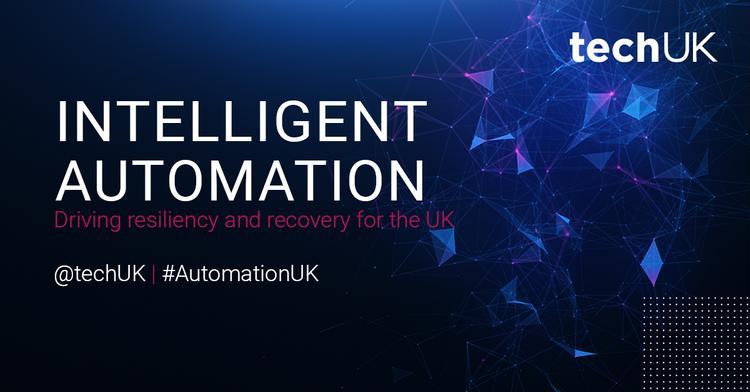Using intelligent automation for digital resilience and compliance

Supply chains have become increasingly digitalised over the past decade, ushering in an age of optimisation, but also of heightened risk. Every vendor, supplier or third-party presents an entry point into an organisation to any would-be cyber attacker, dramatically expanding an organisation’s digital footprint. With the number of outside parties that any typical organisation relies on across their business, it’s no wonder that overworked security teams are turning to automation to help them manage the ever-increasing threat landscape.
Intelligent automation is the future of digital risk management – as organisations continue to digitalise their businesses or streamline their processes through the use of third parties, there is simply no way that a security person or team can constantly comb through existing and emerging threat intelligence, individually catching cyber criminals. And, especially with the third anniversary of the EU’s General Data Protection Regulation coming up, organisations should remember that risk management is not only a question of cybersecurity, but also of compliance to a variety of regulations.
That’s why investing in a digital risk management solution will be key to preventing costly and damaging cyberattacks. These tools, using artificial intelligence and APIs, automate the process of recognising threats present against organisations and their third parties, based on data collected across the web, and subsequently triaging them. By automatically sorting the risks into categories based on the relationship between the organisation and the third-party, geographical location, relevant regulations and other characteristics, the tool performs the manual and time-consuming work. The security team can then focus on implementing a strong defensive strategy in response.
Additionally, these solutions can ensure that data is collected for due diligence purposes, evaluating any risks associated with a third-party, and provide a gap analysis. This is crucial, as this analysis will indicate the business impact of these risks, allowing the organisation to mitigate any potential damaging consequences.
Finally, intelligent automation will be key in any ongoing risk assessment, both for organisations themselves and their third parties. This will allow organisations to monitor cyber and compliance risks in real-time across their digital footprint – without overloading their security team. Ultimately, organisations that adopt digital risk management solutions with intelligent automation will be able to manage and mitigate their cyber, compliance and business risks effectively.
With all the upheaval of the past year, it’s clear that some events cannot be anticipated – only managed. However, the better that your organisation’s risks are monitored and handled, the better your organisation can minimise the impact of any future challenges.
You can read all insights from techUK's Intelligent Automation Week here

Laura Foster
Laura is techUK’s Associate Director for Technology and Innovation.








